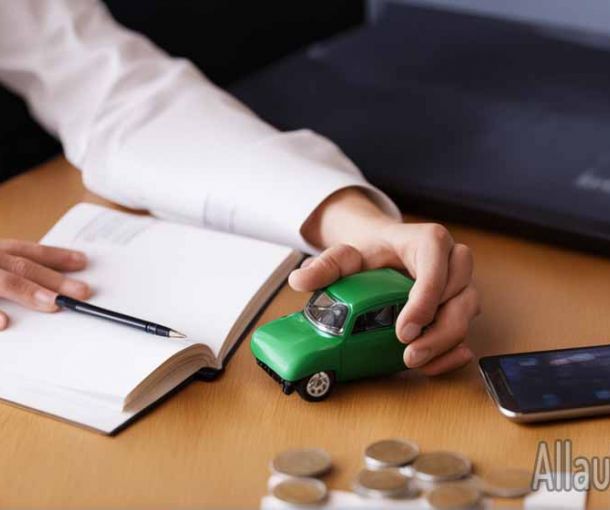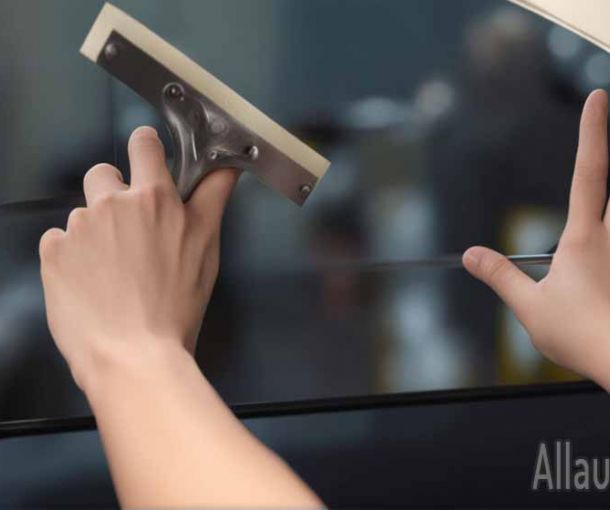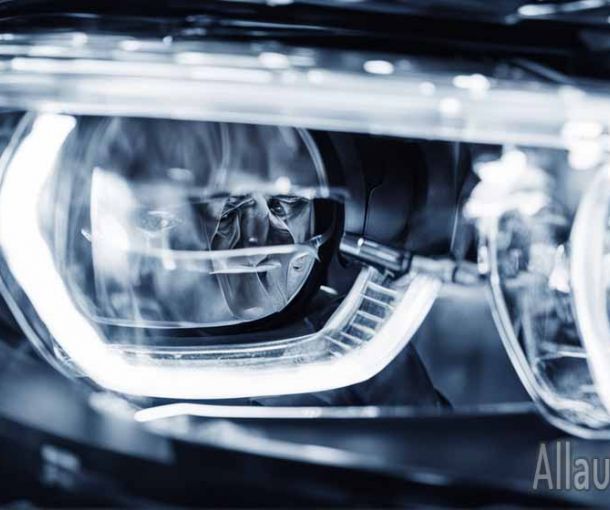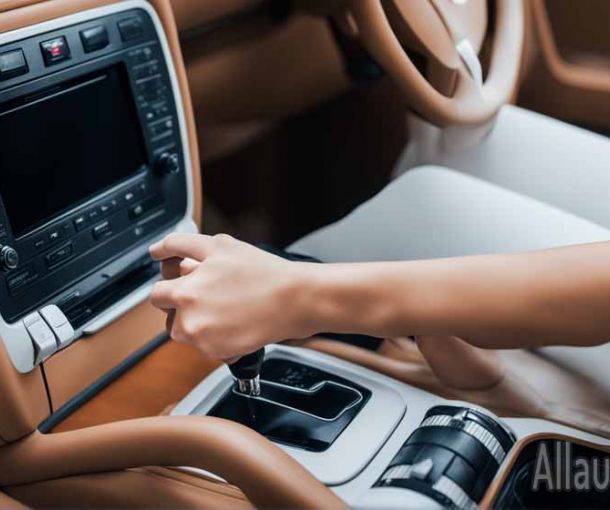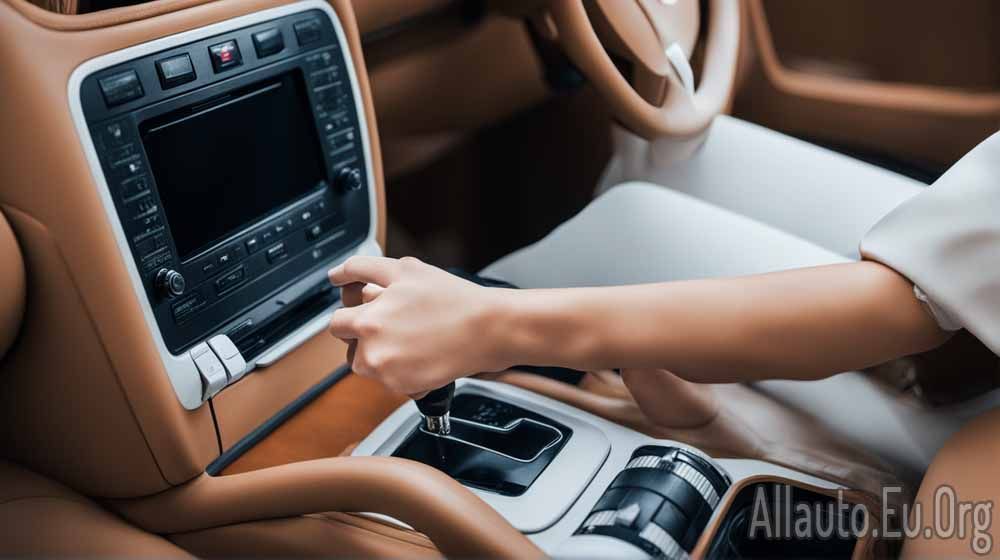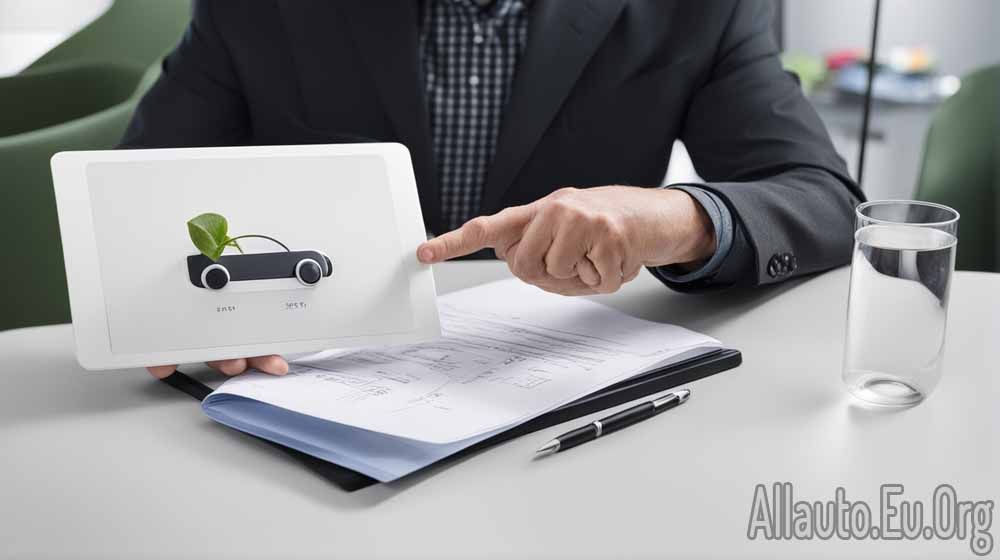

The Pros and Cons of Leasing vs. Buying an Auto

In today's world, automobiles have become a necessary means of transportation for many people. Whether it's for commuting to work, running errands, or traveling with family and friends, owning a car is no longer a luxury, but a requirement for many. However, the question of whether to lease or buy an auto is one that many people often grapple with. In this article, we will explore the pros and cons of leasing vs. buying an auto to help you make an informed decision.
Pros of Leasing a Car
- Lower Monthly Payments
One of the biggest advantages of leasing a car is that the monthly payments are typically lower than buying a car. This is because you're only paying for the depreciation of the car during the lease term, rather than the full cost of the car.
- New Car Every Few Years
Another advantage of leasing a car is that you can drive a new car every few years without having to worry about selling or trading in your old car. This means that you can always be driving a car that's under warranty and has the latest safety features and technology.
- Lower Maintenance Costs
Since you're driving a new car under warranty, you'll likely have lower maintenance costs compared to buying a used car or keeping an older car running. In addition, most leases require you to keep up with routine maintenance, which can help prevent costly repairs down the road.
- Tax Benefits
If you're using your leased car for business purposes, you may be able to deduct a portion of your lease payments on your taxes. However, it's important to consult with a tax professional to determine your eligibility.
Cons of Leasing a Car
- Mileage Restrictions
One of the biggest downsides of leasing a car is that most leases come with mileage restrictions. If you exceed the mileage limit, you'll be charged a per-mile fee at the end of the lease term, which can add up quickly. If you have a long commute or enjoy road trips, leasing may not be the best option for you.
- No Equity
When you lease a car, you're essentially renting it for a period of time. This means that you won't build any equity in the car, and you won't have anything to show for your payments at the end of the lease term.
- Upfront Costs
Leasing a car typically requires a down payment and other upfront costs, such as a security deposit and first month's payment. While these costs are often lower than the upfront costs of buying a car, they can still be a financial burden.
Pros of Buying a Car
- Ownership
One of the biggest advantages of buying a car is that you own it. This means that you can do whatever you want with the car, including customizing it or selling it whenever you want. In addition, you can drive as many miles as you want without worrying about excess mileage fees.
- Equity
When you buy a car, you're building equity in the car. This means that you'll have something to show for your payments when you decide to sell or trade in the car. This can be especially beneficial if you plan to keep the car for several years.
- No Restrictions
When you own a car, you can drive it as much as you want and make any modifications you like. You also have the freedom to sell or trade in the car at any time, without having to worry about a lease agreement.
Cons of Buying a Car
- Higher Monthly Payments
One of the biggest downsides of buying a car is that the monthly payments are typically higher than leasing. This is because you're paying for the full cost of the car, rather than just the depreciation.
- Depreciation
Cars depreciate in value over time, which means that when you buy a car, you'll likely experience a loss of value over time. This means that when you decide to sell or trade in the car, you may not get as much money as you originally paid for it.
- Maintenance and Repair Costs
As cars age, they often require more maintenance and repairs, which can be costly. If you're buying a used car, you may also have to deal with unexpected repairs that can add up quickly.
- Higher Insurance Costs
When you own a car, you're responsible for insuring it. This can be costly, especially if you're financing the car and are required to have full coverage insurance.
Leasing vs. Buying: Which is Right for You?
When it comes to deciding whether to lease or buy a car, there is no one-size-fits-all answer. It ultimately depends on your personal circumstances and preferences. Here are some factors to consider:
- Your Budget
If you have a tight budget, leasing may be a better option since the monthly payments are typically lower. However, if you have the funds to purchase a car outright or can afford higher monthly payments, buying may be a better option.
- Your Driving Habits
If you have a long commute or enjoy taking road trips, buying may be a better option since you won't have to worry about mileage restrictions. However, if you only use your car for short trips around town, leasing may be a better option.
- Your Future Plans
If you plan to keep your car for several years or want to customize it, buying may be a better option since you'll own the car. However, if you prefer to drive a new car every few years and don't want to deal with the hassle of selling or trading in a car, leasing may be a better option.
- Your Tax Situation
If you're using your car for business purposes, leasing may offer some tax benefits. However, it's important to consult with a tax professional to determine your eligibility and to compare the tax benefits of leasing vs. buying.
Conclusion
Leasing and buying each have their own pros and cons, and the decision ultimately comes down to your personal circumstances and preferences. It's important to weigh the advantages and disadvantages of each option before making a decision. Remember to consider factors such as your budget, driving habits, future plans, and tax situation when deciding whether to lease or buy a car.
Tags
Latest Articles

Most Read
All Tags
Subscribe
Donate
Please consider supporting our efforts.
© 2023 All-Auto.ga All rights reserved.
